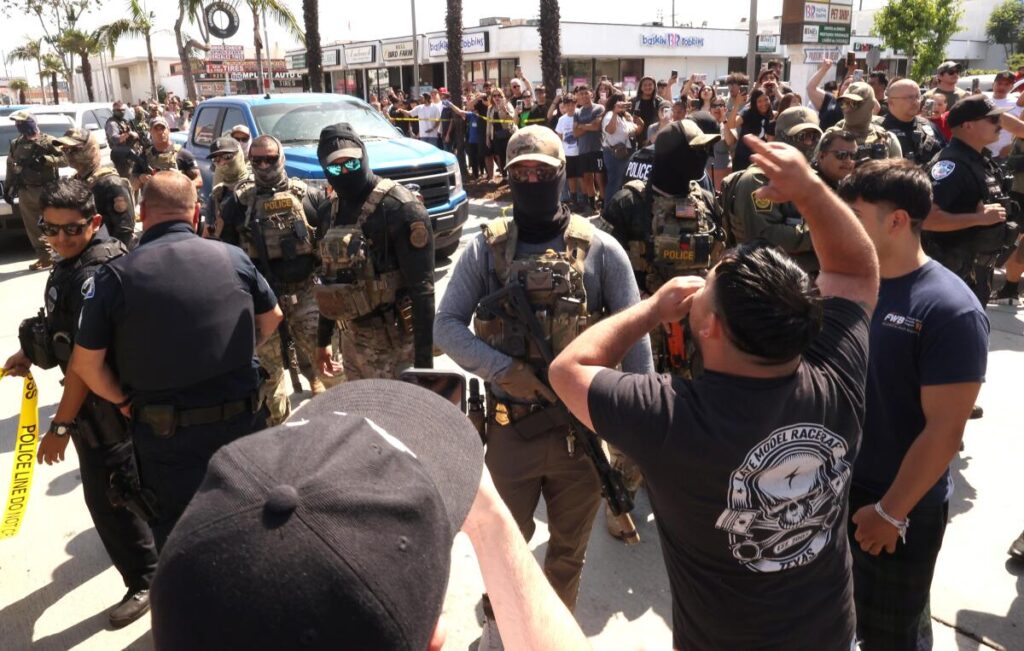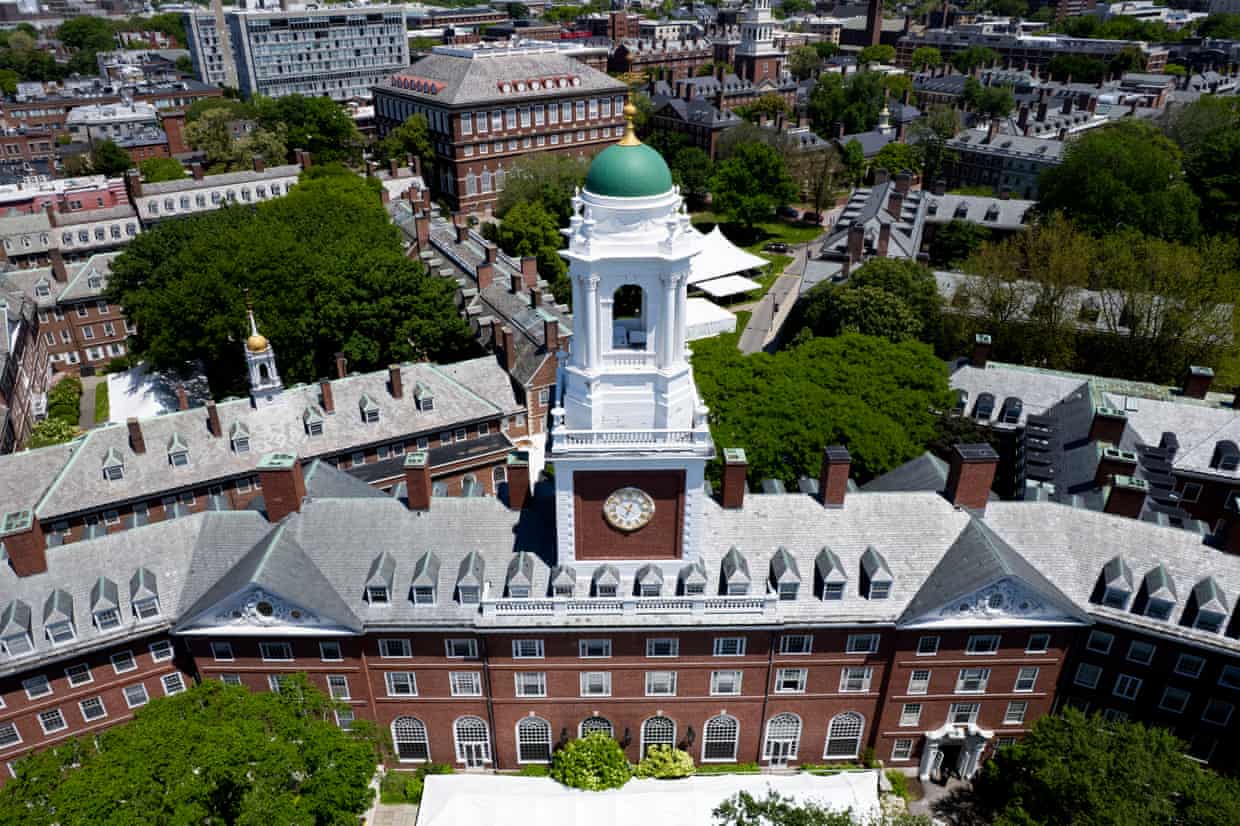
BREAKING: The 9th Circuit Court of Appeals is poised to uphold a lower court’s ruling blocking U.S. Immigration and Customs Enforcement (ICE) from conducting controversial “roving patrols” in Southern California. This urgent development could set the stage for a major Supreme Court showdown as arguments took place just moments ago.
The appellate court heard vigorous debates over the legality of ICE’s tactics, which have been sharply criticized for allegedly violating the Fourth Amendment. During the proceedings, Judge Ronald M. Gould questioned the rationale behind ICE’s aggressive operations, emphasizing the lack of reasonable suspicion required for such detentions. “What would motivate the officers to grab such a large number of people so quickly?” he asked, spotlighting the potential for abuse in current enforcement practices.
Earlier this month, U.S. District Judge Maame Ewusi-Mensah Frimpong issued a temporary restraining order halting these operations, citing constitutional violations. The Justice Department described this injunction as a “wholesale judicial usurpation” of federal authority, claiming it threatens the enforcement of immigration laws. Deputy Assistant Attorney General Yaakov M. Roth argued that the government had not been given enough time to demonstrate compliance with constitutional standards.
Judge Jennifer Sung highlighted the irony in the government’s argument, stating, “If you’re not doing what the District Court found you to be doing… then there should be no harm.” The panel’s questioning seemed to reflect skepticism toward the Trump administration’s defense, suggesting an uphill battle ahead.
Frimpong’s ruling specifically bans agents from using race, ethnicity, language, accent, location, or employment as pretexts for enforcement in Los Angeles, Riverside, San Bernardino, Orange, Ventura, Santa Barbara, and San Luis Obispo counties. She argued that relying on these factors alone does not meet the constitutional threshold for reasonable suspicion.
The legal battle has drawn parallels to significant historical cases, including the Easyriders Freedom F.I.G.H.T. vs. Hannigan ruling, which established greater protections against unlawful enforcement in the West. Experts suggest that the expansive nature of the injunction is essential for protecting civil liberties across wide geographic areas.
The ACLU of Southern California, part of a coalition challenging the federal enforcement tactics, argues that the government’s policies endanger both undocumented individuals and citizens alike. “If it ends in handcuffs, go out and do it,” said ACLU attorney Mohammad Tajsar, stressing the urgent need for accountability in immigration enforcement.
As this case unfolds, the stakes remain high. The 9th Circuit’s ruling is expected as soon as this week, and a decision against the government could prompt an immediate appeal to the Supreme Court, further intensifying the national debate over immigration enforcement practices.
The implications of this case extend beyond the courtroom, as it directly impacts countless families and individuals in the affected areas. The tension between federal authority and constitutional rights continues to escalate, making this a crucial moment in the ongoing struggle for justice.
As the situation develops, all eyes will be on the 9th Circuit Court and the potential consequences for ICE operations nationwide. Stay tuned for updates on this vital legal battle.






